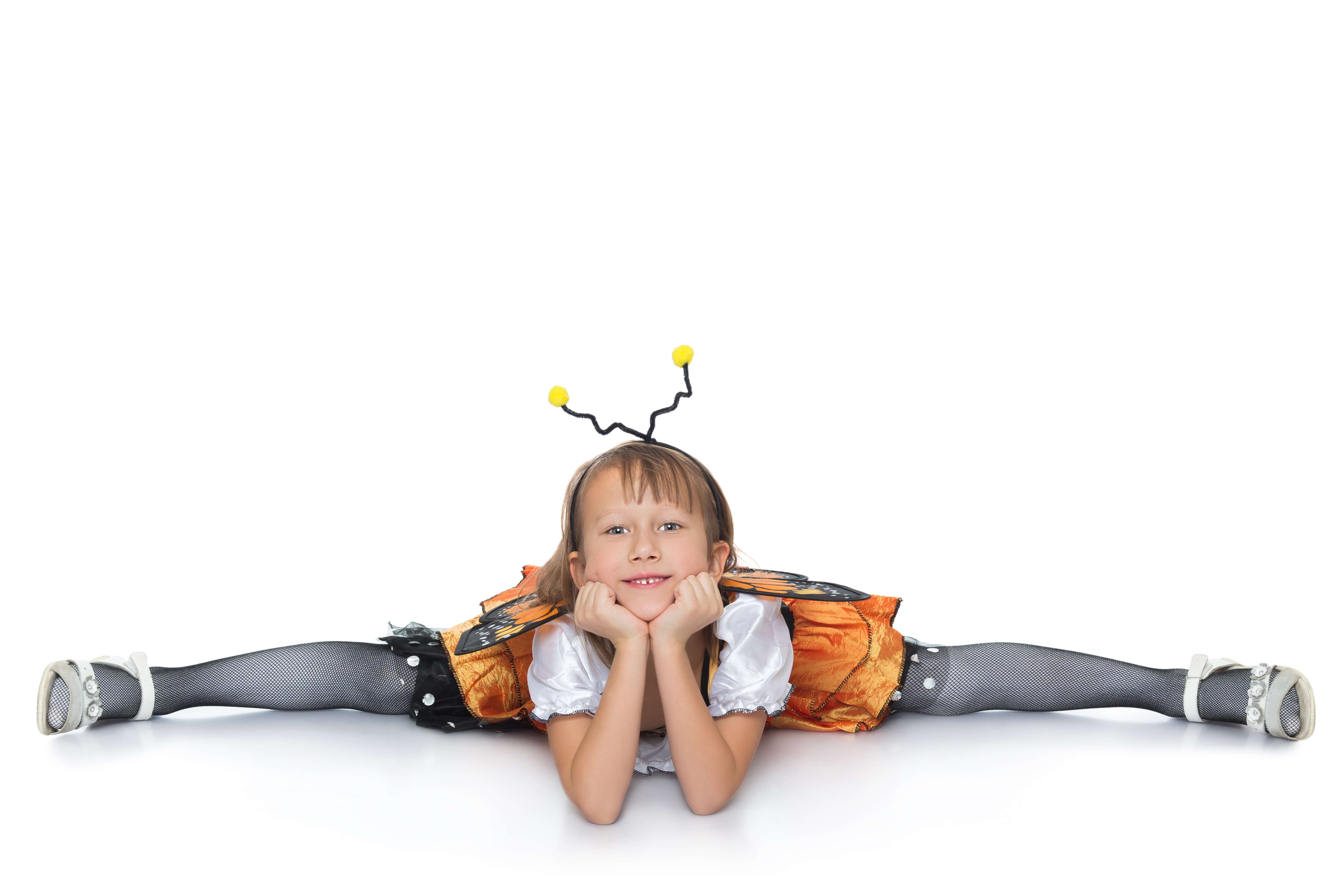Back in the day, all the cool and impressive people rocked polo shirts with a small crocodile logo. Now they wear whatever they want because they are rocking authenticity.
What exactly is authenticity? Why is it important to consumers? And what does it look like in terms of purchasing behaviors? We wanted to know, so we conducted a market research study. (OK, you had to have known that was coming.)
The study lasted nine months and involved different approaches, exercises, observations, and interviews. Yeah, it was a biggie! And we made some seriously cool findings.
Authenticity = Bravery
Pick a scenario: You are interviewing for a job / giving a speech to the movers and shakers in your industry / or meeting your significant other’s mom for the first time.
Are you sufficiently terrified? Now look in your closet. Are you going to wear the designer suit that checks all the boxes but does nothing for your soul, or the blouse that makes you feel like a million bucks?
The clothes you wear influence how you stand, walk, and speak. If those clothes are a natural extension of who you are, then look out world!
An example of that is the woman who casually dropped designer handbags on the floor but gushed about an $80 tennis skirt. You can read about her in one of my earlier blogs, “OMG, Don’t You Just Love This Stuff!”
Authenticity = Unique
Dr. Suess called this one a long time ago: “There is no one alive who is you-er than you.”
Authentic people own who they are. They embrace their uniqueness and celebrate its’ source, be it culture, past experiences, or personal values.
They also refuse to hide behind societal expectations or a fear of what other people think.
Authenticity = No Apologies
OK, we are not talking absolute terms here. Authentic people do apologize when they make mistakes. What they don’t apologize for is being themselves.
They might carpool to work and fly first class on vacation. Have a corner office and purple hair. Avoid meat but wear leather shoes.
Authentic people make their own rules. They live life on their terms and pursue their priorities. Period. End of sentence.
Being famous ≠ Being authentic
Consumers respect celebrities who are authentic, even if they don’t care for them personally.
Think Rihanna and Miley Cyrus. Those two women are absolutely winning in authenticity. Our study respondents don’t all share the same musical tastes, but they were pretty much unanimous in their respect for Rihanna and Miley.
They were also unanimous in their decision to place Kim Kardashian at the other end of the authenticity spectrum.
So, how does this finding translate into marketing? No matter how much you dress something up or how well you market it, if it is not the real deal, it doesn’t win.
Goal = Be Authentic
Consumers want to be authentic and live well. Which means that the products and experiences they want must be authentic, as well.
The challenge for brands is to find the sweet spot between being authentic and being attractive to as many people as possible.
How do you do that?
- Find your authentic center
- Find your core people who have the same center
- Expand your center
- Optimize your offerings
- Make targeted messaging
- Find the people who are close enough to your center to care
And voila, that’s your sweet spot!
If you liked this or any other blog we've written, feel free to comment below and don't forget to subscribe to our blog so you'll be notified each time we post.





